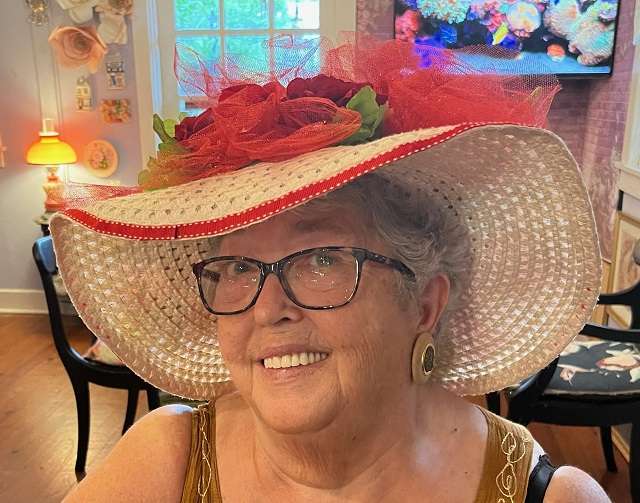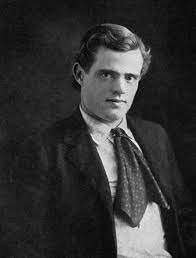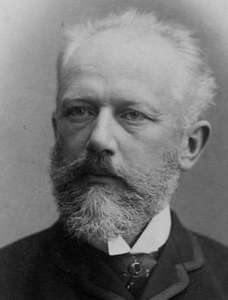AARP Maine announces 2024 legislative priorities
 With the second regular session of the 131st legislative session now underway, AARP Maine announces its 2024 legislative agenda which includes expanding caregiver support resources in Maine, as well as a focus on fair and affordable utility rates.
With the second regular session of the 131st legislative session now underway, AARP Maine announces its 2024 legislative agenda which includes expanding caregiver support resources in Maine, as well as a focus on fair and affordable utility rates.
“On behalf of our more than 200,000 members statewide, AARP Maine looks forward to working with Governor Mills and our legislative leaders in Augusta from both sides of the aisle,” said Noël Bonam, AARP Maine State Director. “We know that Mainers 50+ have a lot on their minds including the strain of providing care for loved ones, the state’s affordable housing crisis, and unaffordable electricity rates. It is critical that both elected and appointed leaders work to address these important issues that affect Mainers 50+ and their families.”
Maine’s 166,000 unpaid family caregivers hold up the state’s long-term care system, providing crucial support to help older parents, spouses and other loved ones remain in their homes—where they want to be. Family caregivers often become overwhelmed when balancing the physical, emotional, financial, and time-consuming demands required to care for their loved one.
“Caregiving is an unspoken sacrifice, a selfless act of love,” says Star Pelsue, a Portland resident. “When my younger brother needed help, I didn’t hesitate to leave my job and move in to care for my 2-year-old niece while they faced a challenging time with their infant’s treatment. There was no thought of personal impact, just a commitment to family. Let’s acknowledge and support caregivers, who fill a crucial gap in our societal fabric by providing care that benefits us all.”
Ensuring that the support needed to care both for their loved one and themselves in the place of their choosing is pivotal. In the most recent 2023 update of the “Valuing the Invaluable” report series, AARP estimates that Maine family caregivers provide $2.9 billion annually in unpaid care. Nationally, the average caregiver pays over $7,000 dollars in out-of-pocket expenses each year. AARP Maine recognizes the profound impact that family caregivers have on our communities. We urge the legislature to actively seek meaningful solutions that will save caregivers time and money, as well as provide more support.
Another issue that affects many Maine families is volatile utility costs. AARP Maine continues to fight to keep utility rates fair and reasonable in the state with the country’s oldest population. High rates coupled with rising housing, food, and medicine expenses force many vulnerable, older adults to make tough choices.
Starting this month, electricity costs will begin to come down from their sky-high 2023 levels but will remain considerably higher than in 2022. Electricity costs are a particular concern since rate increases are ultimately absorbed by the Maine consumer. For many older Mainers, even a seemingly small monthly increase can be problematic.
“Maine has electricity rates that are higher than the national average,” Gail Maynard from Perham states. “Many older Mainers struggle to afford rate increases on top of their household expenses including medications and food. There has never been a better time for our elected leaders to tackle the critical issue of affordable utilities in Maine.”
Mainers need more consumer protections and AARP Maine is fighting to make sure everyone has access to fair and reasonable electric rates. Any discussion of changes to rates must be transparent and allow for public engagement. AARP Maine will continue working to address the current laws that cause undue burdens to electricity customers.
“AARP Maine and all of our member advocates look forward to productively engaging with the 131st legislative session to ensure that Maine continues to be a place where people 50+ want to live, work, retire and thrive,” Bonam said. “In 2024, we are also thrilled to announce that we will be back in Augusta regularly with our AARP Maine Tuesdays at the State House program. We invite more volunteer advocates to join our efforts as we speak up for Mainers 50+ and their families on these critical issues.”
For more information about AARP Maine, visit www.aarp.org/me and follow us on Facebook, Instagram and X @aarpmaine.






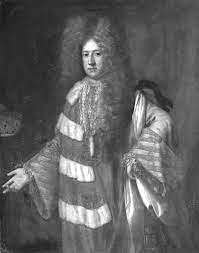

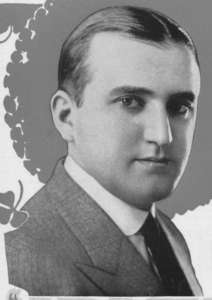
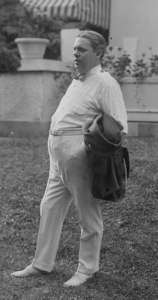
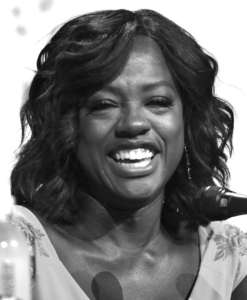




 A little help from a good coach can make a big difference in your health and happiness.
A little help from a good coach can make a big difference in your health and happiness.